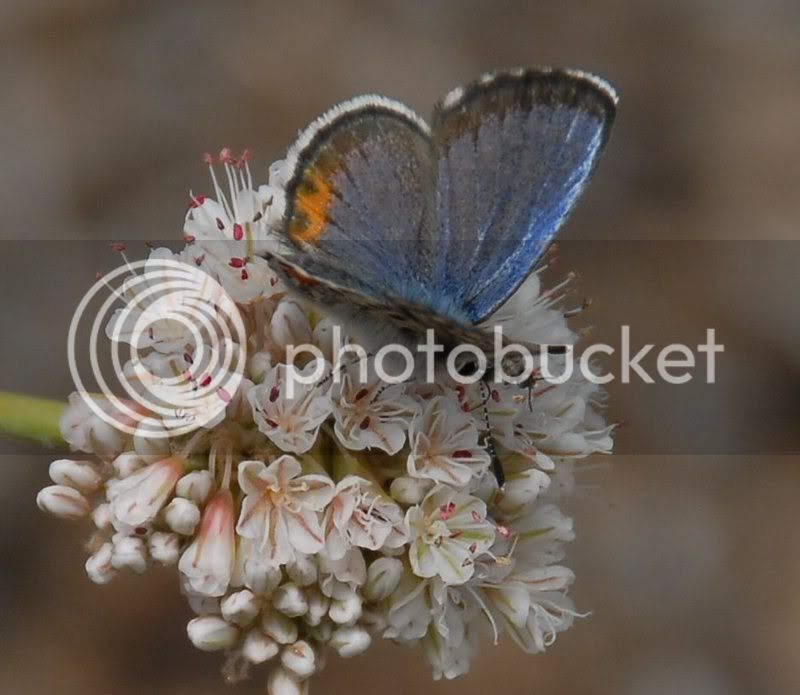Equuisize
Well-Known Member
My son is the Director of Restoration Programs at the Palos Verdes Land Conservancy.
http://www.pvplc.org/
They have a successful program of saving the endangered Palos Verdes Blue Butterfly.

There is a large equestrian community, on the peninsula, that has use of the trails in the
Preserve. The Conservancy tries very hard to listen to the concerns of community.
His question is below.
Would you share any experiences you have had or incidences you may have heard of?
Hey Mom,
Do you know of, or could you ask people on your listserve, if horses are being
poisoned by a plant, called Astragalus – or Vetch.
The butterfly relies on it for certain parts of its lifecycle, and we are planting it in good quantities.
People are concerned about it, although they do not seem to mind the other dozen poisonous
plants that are on the Preserves.
We are planting in steeper areas and doing some fencing, but on the freak occasion livestock
get out they could wander in there.
I feel like they would have plenty to eat other than the bitter plants.
I think it is a low probability that it would happen.
Would you ask for me?
Love, Michael T
http://www.pvplc.org/
They have a successful program of saving the endangered Palos Verdes Blue Butterfly.

There is a large equestrian community, on the peninsula, that has use of the trails in the
Preserve. The Conservancy tries very hard to listen to the concerns of community.
His question is below.
Would you share any experiences you have had or incidences you may have heard of?
Hey Mom,
Do you know of, or could you ask people on your listserve, if horses are being
poisoned by a plant, called Astragalus – or Vetch.
The butterfly relies on it for certain parts of its lifecycle, and we are planting it in good quantities.
People are concerned about it, although they do not seem to mind the other dozen poisonous
plants that are on the Preserves.
We are planting in steeper areas and doing some fencing, but on the freak occasion livestock
get out they could wander in there.
I feel like they would have plenty to eat other than the bitter plants.
I think it is a low probability that it would happen.
Would you ask for me?
Love, Michael T



